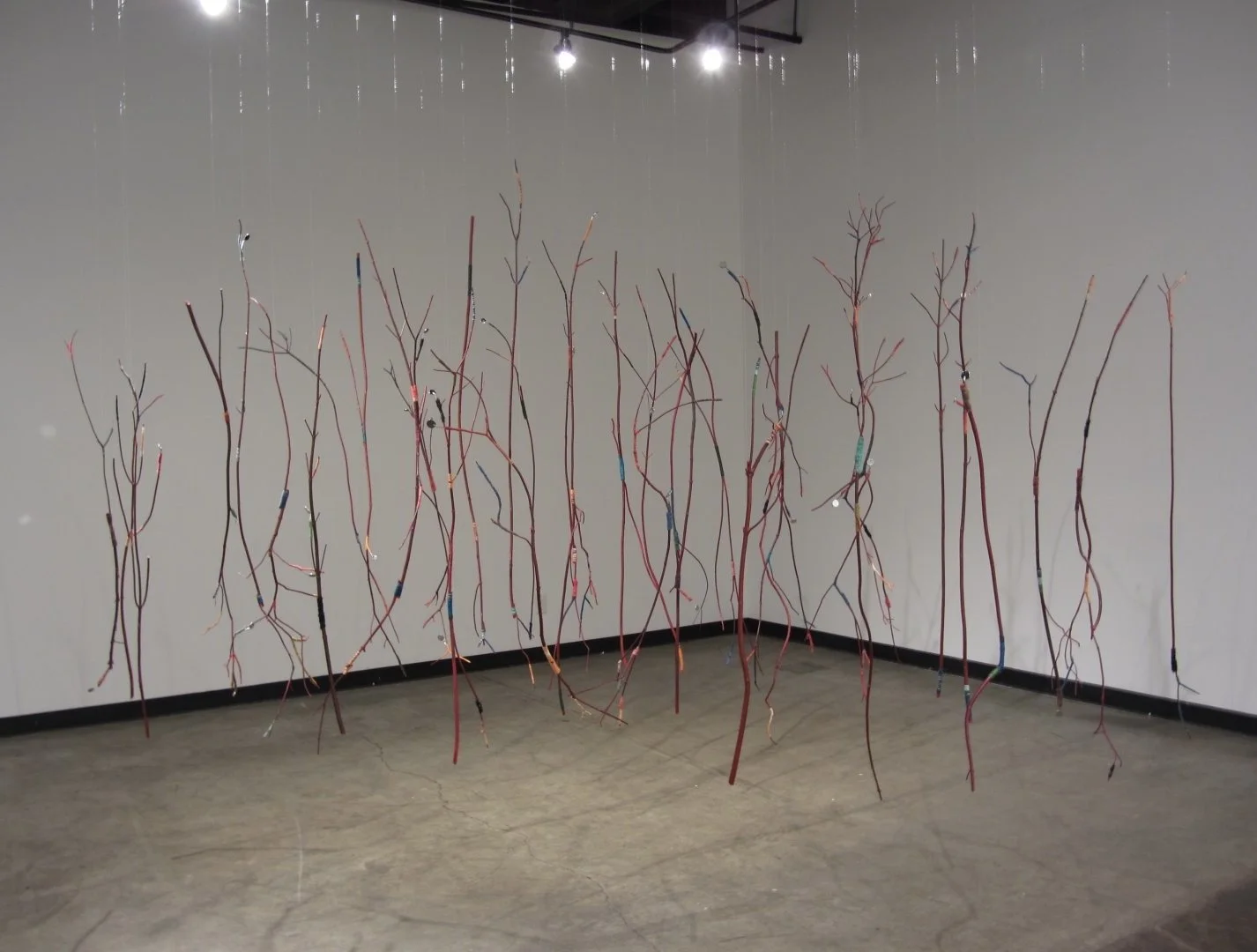Diving In: The Art of Cleaning Lakes and Oceans creates beauty out of trash, ongoing
Sea to Sky Arts Council Alliance and Divers for Cleaner Lakes and Oceans are hosting regular clean-ups, collecting waste to be turned into artwork
Over 10 million tons of waste gets dumped into waterways annually, according to Diving In: The Art of Cleaning Lakes and Oceans. Photo via Diving In.
The Sea to Sky Arts Council Alliance in partnership with Divers for Cleaner Lakes and Oceans presents Diving In: The Art of Cleaning Lakes and Oceans, an environmental art project. Clean-ups take place at various locations regularly until October. The next clean-up is at Ambleside Beach on July 21 at 11 am PDT.
BEER CANS, POP bottles, shopping carts, shoes, flippers, cookie pans, fishing lure, remote controls, hard drives, batteries, and cell phones: these are just some of the discarded items that can be found in local waters.
Diving In: The Art of Cleaning Lakes and Oceans is an ambitious environmental art campaign that aims to raise awareness of waste in local lakes, waterways, and shorelines by transforming so much collected garbage into art.
The months-long effort is being run in collaboration by the Sea to Sky Arts Council Alliance (Pemberton Arts Council, Arts Whistler, the Squamish Arts Council, Lions Bay Arts, The Hearth Arts on Bowen), West Vancouver Arts Council, and North Van Arts. The arts groups are working with volunteer divers from Divers for Cleaner Lakes and Oceans (DCLO) on what is the largest environmental art campaign in the region to date.
More than 140 clean-ups have already taken place in waters of the Sea to Sky Corridor and Burrard Inlet. These public events will continue until early October, when the material will be passed on to local artists based in the seven Sea to Sky communities, who will create artworks in collaboration with school groups.
All of the art will then go on tour in the participating communities throughout 2022 to continue raising awareness of the quantity of trash that exists in the waterways of the Sea to Sky Corridor and Burrard Inlet.
Plastic waste is an enormous problem facing the planet, and e-waste is quickly becoming another. Electronic scrap components contain materials such as lead, cadmium, beryllium, and brominated flame retardants that can harm or destroy marine, plant, and animal life.
The next clean-up is July 21 at Ambleside Beach starting at 11 am PDT. There, the collective will also be offering a drop-off of old electronics.
To take part in the clean-up, bring gloves to protect your hands; all other supplies will be provided.
For more information, see Diving In: The Art of Cleaning Lakes and Oceans.














